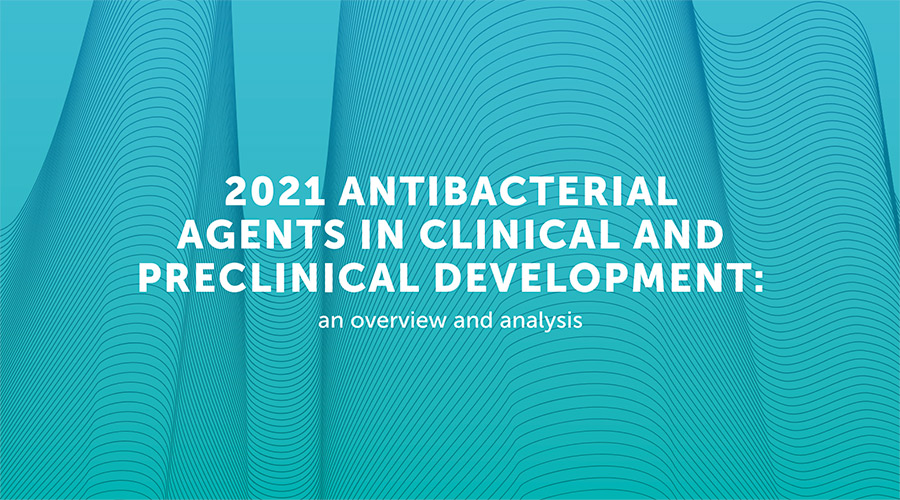‘There is a major gap in the discovery of antibacterial treatments, and more so in the discovery of innovative treatments.’
The antibacterial clinical and preclinical pipeline is stagnant, according to a report from the World Health Organisation (WHO).
The report: 2021 Antibacterial Agents in Clinical and Preclinical Development: an Overview and Analysis asserts that the development of new antibacterial treatments is not moving at an adequate pace to address the rising threat of antibiotic resistance.
‘Urgent and concerted investments in research and development by governments and the private sector are therefore needed to accelerate and expand the pipeline for antibiotics, especially those that can make an impact in low-resource settings, which are worst affected by AMR,’ the WHO said.
Much of the innovation is driven by small and medium sized companies, which are struggling to find investors to finance late-stage clinical development up to regulatory approval, the WHO added.
According to the report, there were only 27 new antibiotics in clinical development against priority pathogens during 2021. This was down from 31 in development during 2017. However, the number of products in development in the preclinical stage has remained relatively constant over the same period.
2021 Antibacterial Agents in Clinical and Preclinical Development: an Overview and Analysis
Barriers to the development of new products are said to include the length of time needed for approvals. It currently takes 10–15 years to progress an antibiotic candidate from the preclinical to the clinical stage. Added to this is the high cost and low success rate. ‘The lack of innovation rapidly undermines the effectiveness of the limited number of new antibiotics that reach the market, on average resistance is reported to new products two-to-three years after reaching the market,’ the report asserts.
Dr Hanan Balkhy, WHO Assistant Director-General on AMR, added ‘There is a major gap in the discovery of antibacterial treatments, and more so in the discovery of innovative treatments. This presents a serious challenge to overcoming the escalating pandemic of antimicrobial resistance and leaves every one of us increasingly vulnerable to bacterial infections, including the simplest infections.’
Professor Liz Sockett FRS and her team are researching the use of living predatory bacteria, such as Bdellovibrio bacteriovorus, that naturally invade and kill the Gram-negative pathogens of humans, animals and plants, to treat infections.

